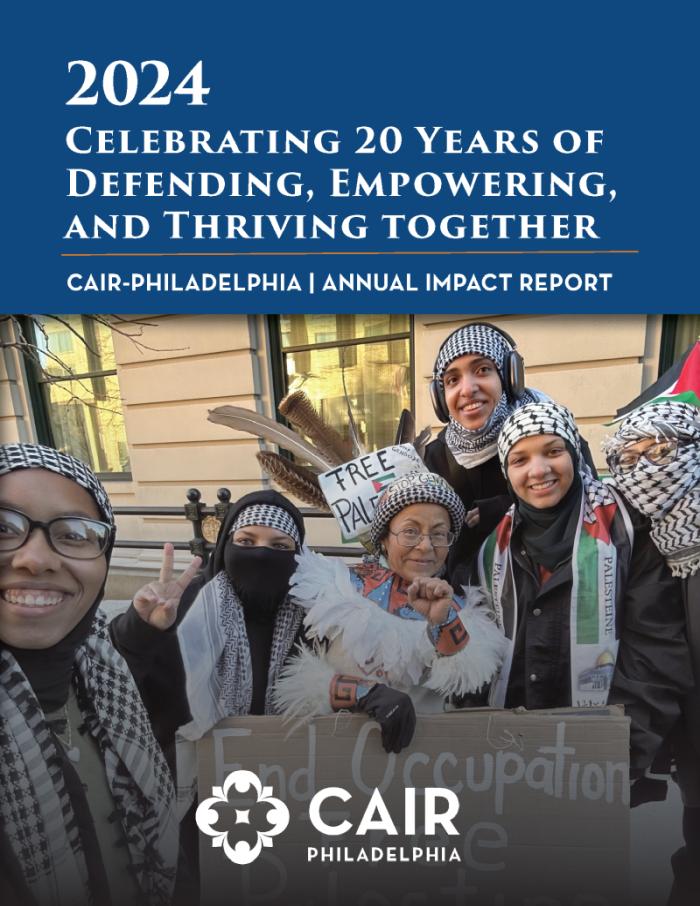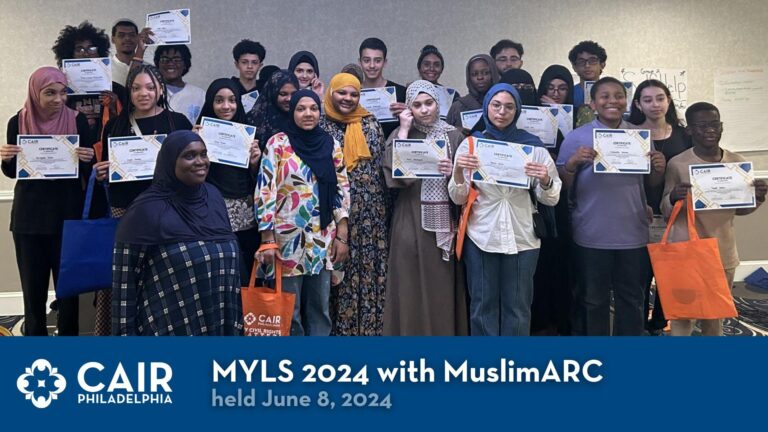Last week I travelled to Harrisburg to represent CAIR at the “Annual Connections Event” of the CRN-Community Responders Network, a coalition of local religious and secular leaders “who seek to build a more inclusive community by preventing and responding to acts of bias and intolerance in Central Pennsylvania.” The organization was started in 2008 following an incident that targeted a local Muslim family, and concerned individuals from different faith communities came together to stand with their Muslim neighbors.
At the “Annual Connections Event” were various Christians, Jews, Muslims, Mormons, Hindus, and Sikhs. CRN is another one of the countless interfaith groups that have organically sprung up around the country since 9/11, not at the behest of national organizations, but because groups of Americans desired to know who their neighbors are, and to stand with them should they face discrimination or violence. This is important to keep in mind when responding to the rise of the Islamophobia network led by Geller, Spencer, Horowitz, Pipes, Yerushalmi, etc., bigoted minds on the far-right extremes of American life.
On the subject of tolerance and hatred, many of you know that before assuming the position of Executive Director of CAIR-Philadelphia, I directed a documentary film called Out of Cordoba about the religious coexistence that existed between Muslims, Jews, and Christians in Al-Andalus (Islamic Spain). During the filming of the movie, my crew was granted permission to film in La-Mezquita, the Great Mosque/Cathedral of Cordoba, when it was empty of tourists. It was a transcendent experience, and walking among its forest of columns and under its canopy of arches one is easily transported back to a time when Muslim Cordoba was the most advanced city in all of Europe, and Christian visitors referred to the city as “the ornament of the world.”
Also while in Cordoba, I interviewed the late Dr. Mansur Escudero, author of a fatwa condemning Osama bin Laden and Al-Qaeda after the Madrid train bombing in 2004, and a leader of Spain’s growing Muslim community. Dr. Escudero’s dream was to be able to pray in the Great Mosque (which the Catholic authorities in Cordoba still forbid Muslims from doing), not as a sign of some fictional “Islamist triumphalism,” but as a symbol of the values of tolerance, pluralism, and compassion that Dr. Escurdero believed were central to his faith of Islam.
All this came to mind as I read “Mosque-Cathedral at Center of Debate Over its Religious History,” a recent article in The New York Times about the continuing conflict in Cordoba over the Great Mosque and its legacy.





